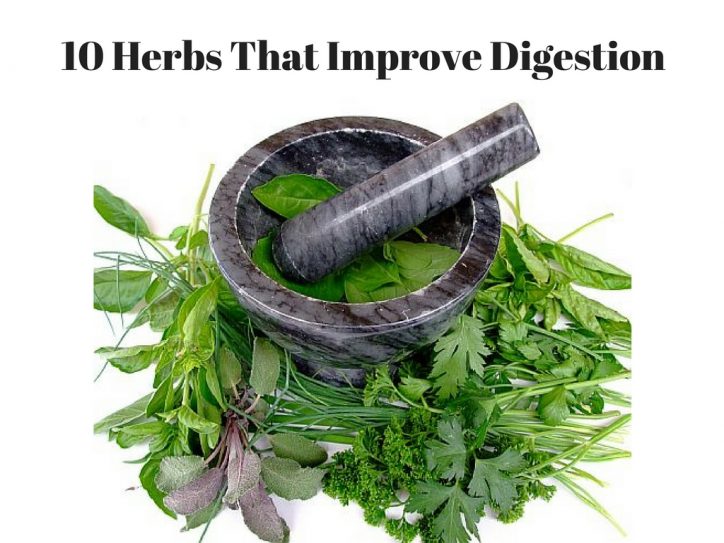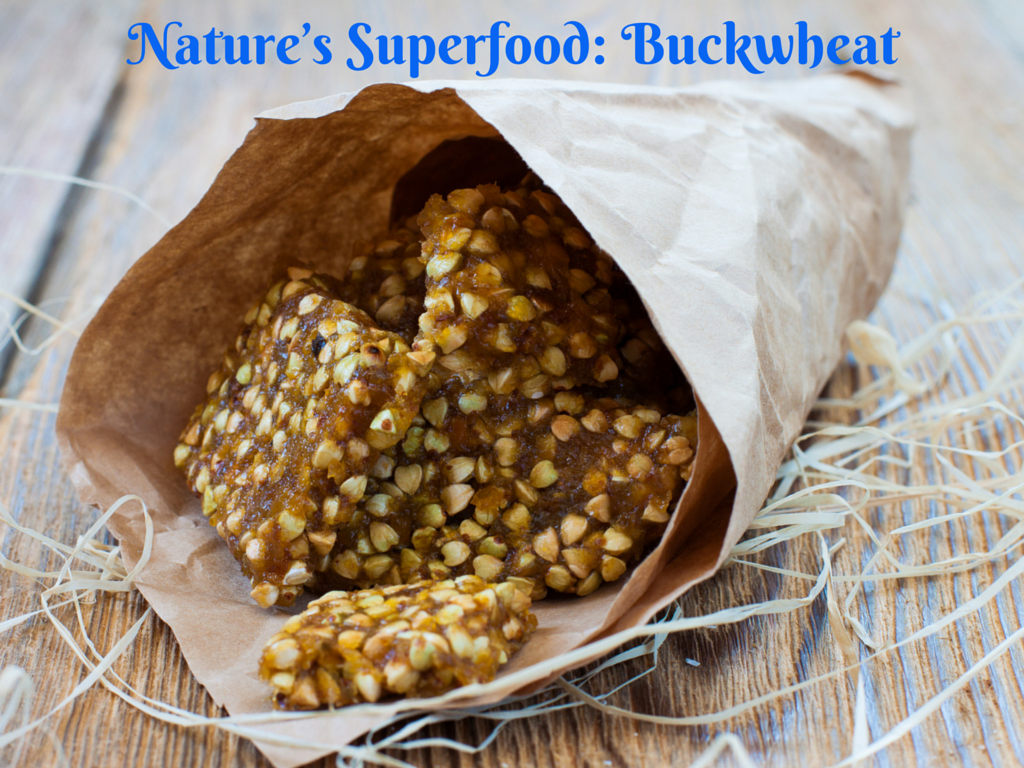10 Herbs That Improve Digestion

10 Herbs That Improve Digestion
My digestive system has been giving me problems lately. I’ve had to start using some of the natural herbs listed below to help with my stomach issues and they do help tremendously! I’d like to share with you some things that are natural and that can help with your stomach and other digestive problems too.
When most people think of the term digestion, they assume it has to do with what goes on in the stomach- and that’s the end. While you wouldn’t be wrong in thinking that, a more complete picture of digestion entails what happens to the food from the time it enters our mouth, to the time when it’s excreted.
So What Can You Do If You Suspect Something Is Wrong With Your Digestion?
There are so many natural plants that help with our bodies digestion – whether it be relating to poor absorption, reflux disease or constipation- there is something for everyone. Check out the top 10 herbs below and how they can help us.
Aloe Vera: The uses of aloe Vera for digestive health is unmatched by any other herb. Aloe Vera contains tons of amino acids, vitamins and enzymes, which help to speed up digestion and fecal transit. Aloe Vera also boosts immunity and, is a natural anti-fungal and antibiotic, and is useful in management of inflamed intestines and the colon. Using Aloe Vera topically in gel form is the most common way to use it but for digestive health you can get it in capsules!
Burdock Root: is a useful herbal preparation especially for people that struggle with sluggish digestion, or reduced stomach acid production. Burdock root helps with digestion by stimulating the production of more gastric acid- but caution needs to be followed, as it is not for everyone. If you have a history of gastric reflux or irritable bowel syndrome, Burdock Root can exacerbate that.
Cardamom: is an essential component of the spice Garam Masala. It is frequently used in Indian dishes, especially curry. Cardamom can be used to stimulate appetite, reduce bloating, and treat heartburn and constipation, making it a very versatile herb. I love to use it in pod form! I use one pod in a smoothie and it gives such a refreshing flavor and my belly always feel so good when I use it. My smoothie recipe is 2 cups milk of choice, I use home made almond milk. I add 1 banana, 1/2 cup fresh or frozen peaches, 1 green cardamom pod and a splash of vanilla. Blend and enjoy!
Chia Seeds: as a superfood helps to promote normal intestinal transit of food as well as exerting anti-inflammatory effects in the intestinal tract. Plus many people like the texture of the seeds in puddings and drinks.
Cinnamon: is used frequently as a spice for flavor but is also effective in treating gas and associated bloating. Cinnamon has also traditionally been used as treatment for upset stomach, and to stimulate appetite.
Dandelion: is not just a weed in your yard! The Dandelion is one of the most widely used bitter herbs to decrease the likelihood of experiencing indigestion since it speeds up gastric motility. It also helps with the movement of food from the stomach into the intestines. Dandelion helps with the absorption fat, since it stimulates the production of bile.
Ginger: helps promote complete digestion and absorption of foods. It is useful in the treatment of nausea and indigestion. Ginger also helps relieve the pain from intestinal colic, by slowing down the frequency or intensity of spasms.
Peppermint: Is a popular ingredient in many herbal remedies to treat gas and indigestion. In fact, a study conducted in 2011 demonstrated that peppermint is effective in managing pain associated with irritable bowel syndrome, since it has the ability to regulate pain pathways in the intestine. It however, will not help to reduce gastric reflux
Slippery Elm Bark: Is a Native American remedy used for centuries. It is most often used by making a tea. It is especially efficient at soothing irritated segments of the digestive tract, because very useful in treating irritable bowel syndrome.
Turmeric: has long been used in Asia, more specifically in Indian regions. Turmeric has been shown to decrease the incidence of peptic ulcer disease. Turmeric contains the compound Curcumin, which is a potent anti-oxidant and anti-inflammatory. It can significantly reduce the chance of ulceration occurring in the stomach, typically from an inflamed region exposed to strong gastric acid. Turmeric is also known for helping reduce inflammation connected with arthritis too! I use it in pill form for my arthritis!




Glad there are natural ways to help the body . My stomach is always disrupted and those herbs would help.
Fresh herb is really of great help to everyone.
Thank you for the information. I really need to learn how to use herbs. Can a lay person like me tackle that?
Cheryl, when it comes to herbs I am a lay person too! If I can do it … you can too Give it a try.
Give it a try.
Thanks for sharing these herbs. Some I knew about but some I didn’t. Awesome post.
Thanks Lisa!
thanks for the info, I have been using cinnamon but cant wait ot try the others as well
Always good to have information. tonight on herbs. If they are good for us then we can find a way to use them in our everyday cooking
Yes indeed leeanne C. Plus cooking with fresh herbs tastes so much better to boot!